Cok Ace Becomes A Guest Speaker for IPB Webinar Series 4 "World Tourism Day 2020"
- 03 Oktober 2020
- 15:10 WITA
- News
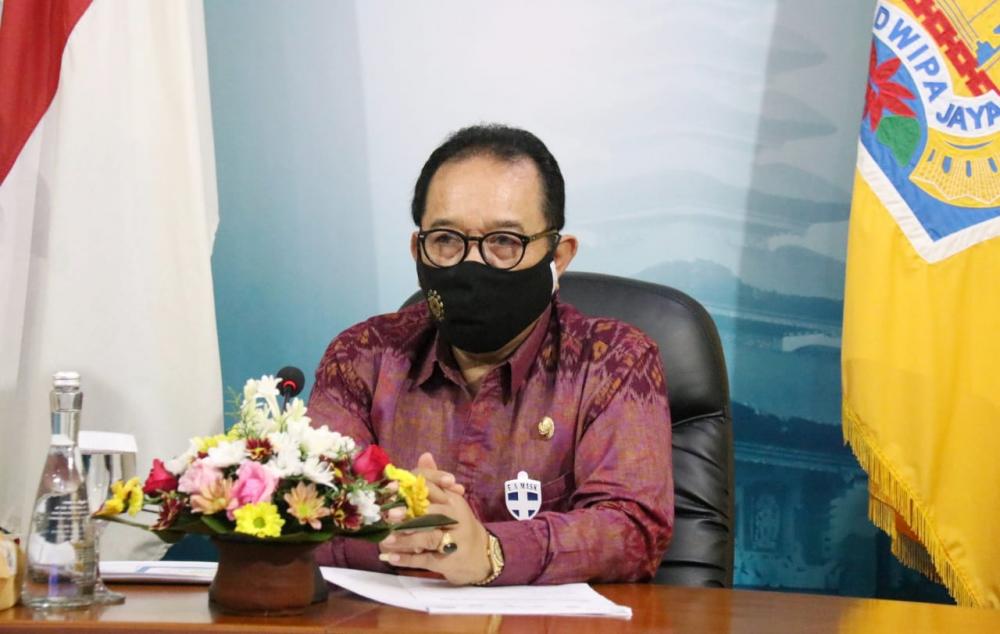
DENPASAR, Balitopnews.com - Vice Governor of Bali Tjokorda Oka Artha Ardhana Sukawati, was a guest speaker at the International Bali Tourism Institute (IPB) Webinar event in Webinar Series 4 "World Tourism Day 2020" entitled New Era Tourism Order, Saturday, October 3, 2020.
Cok Ace said that the island of Bali has received its own place in the eyes of the international tourism industry, the uniqueness of Balinese cultural tourism has attracted the attention of the international world and this is evidenced by several awards that have been won by Bali, even though it is being hit by the Covid-19 pandemic. a favorite destination for foreign tourists.
However, this pandemic had a significant impact on all aspects of people's lives, both economically, socially and culturally. Bali is not the only one facing this challenge, the rest of the world is facing the same difficulties.
Bali's economic growth in the first quarter of 2020 was minus (1.14)%, while in the second quarter of 2020 the Balinese economy declined further to minus (10.98)%. This slow growth is due to a sharp decline in income from Bali's main sector, tourism.
The number of foreign tourists in Bali has decreased since the start of the pandemic to 99.97 percent in May 2020. Bali loses about 9.7 trillion Rupiah each month from the tourism sector alone. Based on data from the Bali Province Manpower and Mineral Resources Office, as of May 25, 2020, 71,313 formal sector workers were laid off and 2,570 people lost their jobs.
The creative industry is a growing economic sector in Indonesia which is considered the most profitable industry nationally by increasing the added value of products as a result of one's creativity and innovation. The Ministry of Tourism and Creative Economy noted that the creative industry contributed around IDR 989 trillion to the 2017 national GDP or around 7.28 percent.
The contribution of this sector actually continues to increase where in 2017 it grew 5.07 percent. In addition, the creative industry provides 17.7 million jobs or around 14.61 percent of the national employment rate. Creative industry workers receive an average salary of 2.23 million rupiah.
"Seeing this extraordinary potential, I really hope Bali can become the leader in Indonesia in developing the creative industry," he said.
Bali is rich in arts and culture. This makes Bali has enormous potential in the development of the tourism sector and creative industry. Nationally, the highest number of creative industry sub-sectors is culinary (41.47%), fashion (17.68%) and crafts (14.99%). Bali has promising opportunities to develop culinary, fashion, fine arts and performing arts.
For example, Ubud received an award from UNWTO as a Global Gastronomy Destination in 2019. Apart from being famous for its artistic masterpieces such as traditional painting and dance, Ubud also has local culinary potential.
The COVID-19 pandemic has caused a decline in consumption and production of creative products and negatively affected 98 percent of creative industry workers. This is very unfortunate. Therefore, the Provincial Government of Bali is committed to supporting the steps needed for the recovery of the Balinese economy, including the creative industry sector.
In general, the Provincial Government of Bali through the National Economic Recovery Program (PEN) has actually prepared various programs and assistance aimed at the people most affected during the pandemic. This program is divided into two parts; Social Protection and Business Protection. In Social Protection, the PEN Program provides several assistance to ease the burden on the most vulnerable communities.
The assistance is: Family Hope Program, Direct Food Assistance, Social Cash Assistance, Village Fund Direct Cash Assistance, Pre-Work Card Program, Direct Cash Assistance for Micro, Small and Medium Enterprises, and Wage Subsidies.
In Business Protection, the government provides an Interest Subsidy Program for Micro, Small, and Medium Enterprises (MSMEs), MSME Credit Guarantee, Corporate Credit Guarantee, and State Cash Placement at Partner Commercial Banks as a policy for national economic recovery.
This support program is dedicated to increasing our economic resilience during times of crisis, especially in Bali. However, the program was not directed at increasing post-pandemic economic competitiveness.
"This is an important issue that we need to consider from now on. Talking about the empowerment of the creative industry, I would like to highlight 4 important aspects, namely: Refulation Support, Human Resource Improvement, Capital Support, and Market Accessibility Support", he explained.
The Bali Provincial Government is committed to providing support to the creative industry, especially Micro, Small and Medium Enterprises, especially for MSMEs through regulatory support such as the Governor Law No. 79/2018 and Governor Law No. 99/2018 which is aimed at supporting the use and consumption of local Balinese products. In addition, during a pandemic, the government also facilitates the licensing and investment licensing process in Bali in order to boost the economy.
On the other hand, increasing the human resources of the creative industry is carried out through a series of trainings and workshops in accordance with their respective fields of development (culinary, art, fashion, etc.). If the quality of our human resources is improved, the creative products will also be much better and have better added value.
In the next aspect of capital support, the creative industry in Bali can easily get loans and capital. This is part of the government's support and financial institutions for the creative industry to develop and expand the industry.
Lastly, market accessibility support is also an important aspect in developing creative industries. The government has initiated various programs and campaigns to open up market access as widely as possible. The government provides support through various promotional channels, affordable market programs, and other supporting programs such as "Jalan-Jalan Bali" or "Explore Bali" as a campaign to invite the public to explore the beauty of Bali while supporting local creative products in Bali.
In addition to anticipating in the economic field, the Bali Provincial Government has also made various efforts to minimize the expansion of the impact that will be caused by the COVID-19 pandemic, including issuing various regional regulations, both regulating local agricultural business, disciplining the community against crowd prohibition and disciplining the use of masks. This was done as an effort to suppress the Covid-19 case in Bali which tends to increase.
Furthermore, Cok Ace also said that indeed the Government cannot predict when Foreign Tourism will reopen, this is still seeing the development of cases that occur both in Indonesia and abroad.
However, he ensures that in the future, Bali tourism will be based on quality tourism, but by not putting aside quantity, it is hoped that quality and quantity can go hand in hand. For this reason, he is aggressively asking the tourism industry to prepare thorough health protocols for each tourist destination in Bali. In addition, community support is also of no less importance, where the community must be able to show the outside world that the implementation of health protocols in the community is very disciplined.
The webinar also presented several other speakers, namely: Fod and Travel Influencer Andre Wijaya Binarto, and Indonesia Leading Travel Writer "The Naked Travel" Trinity Traveler. (Gix)
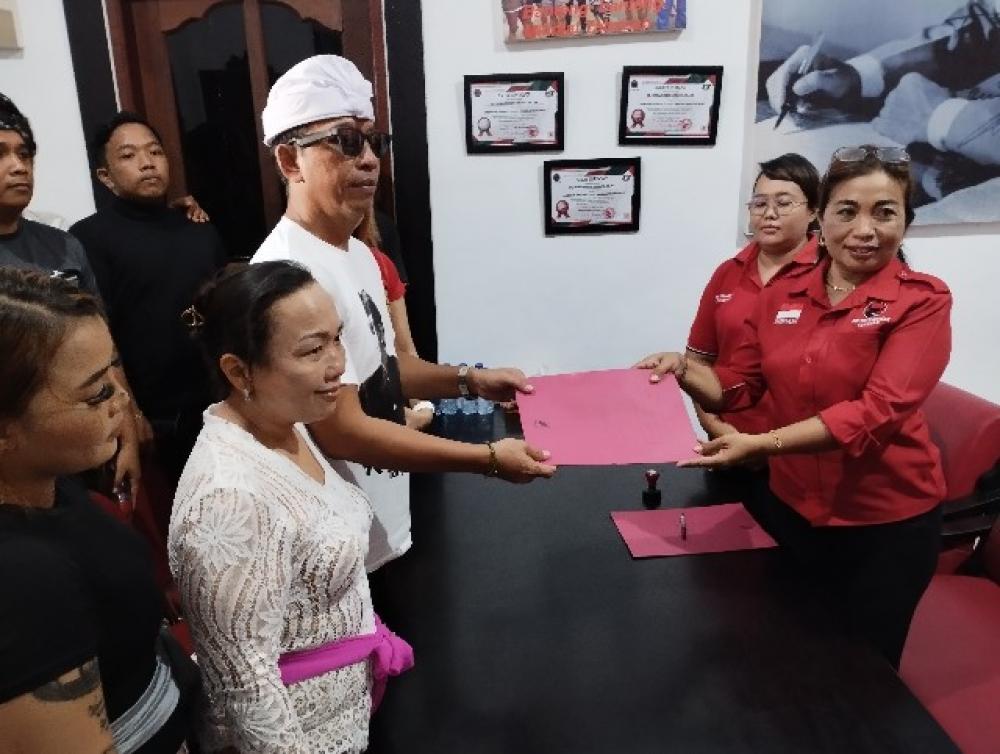
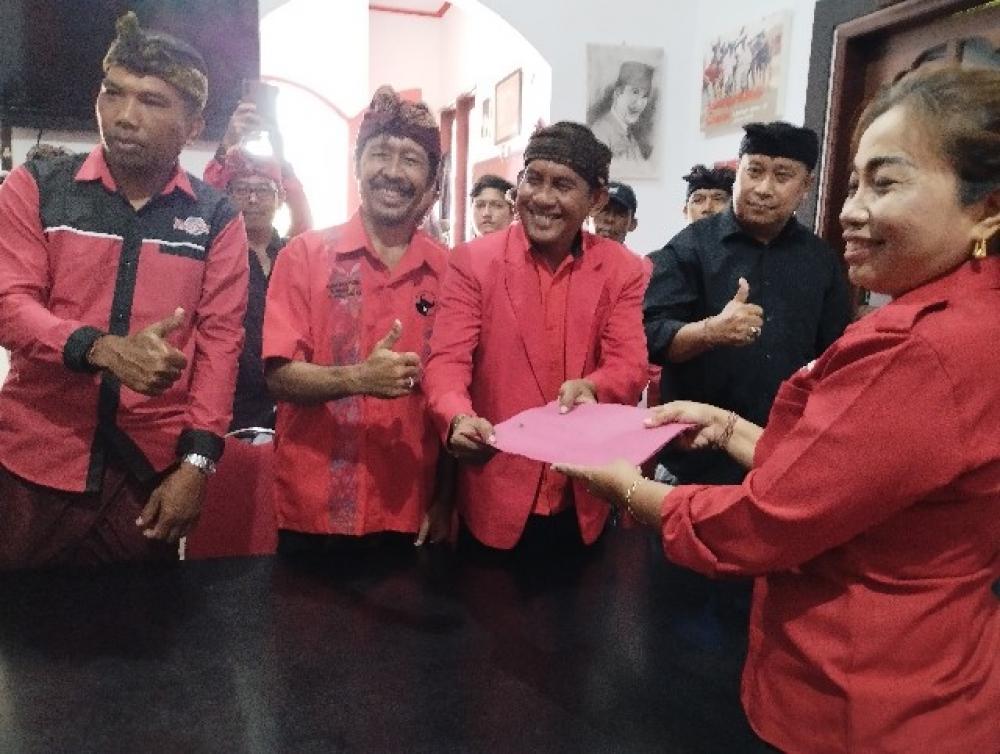
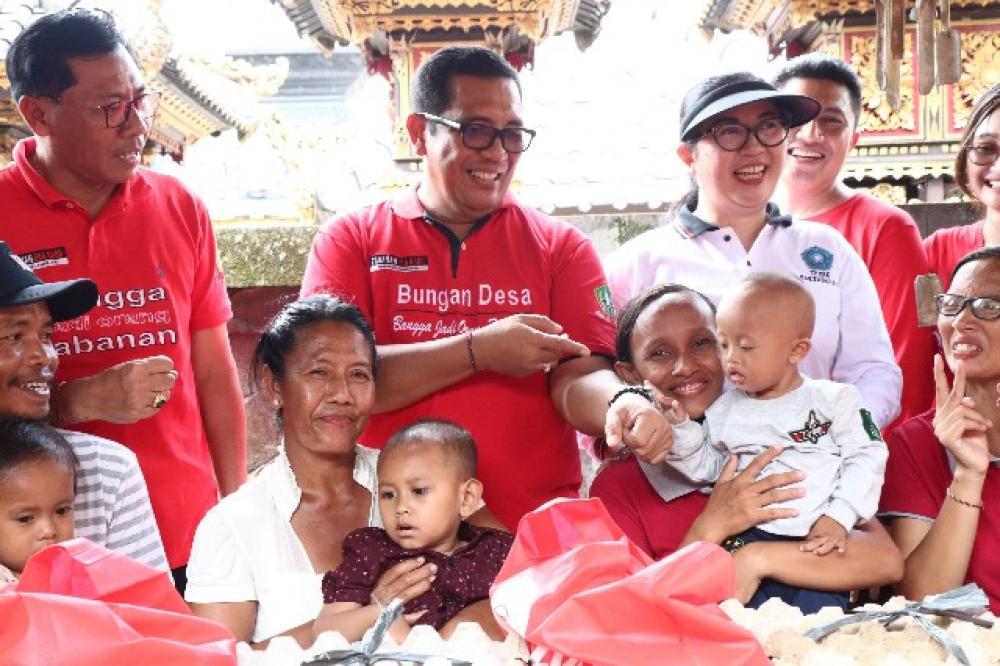
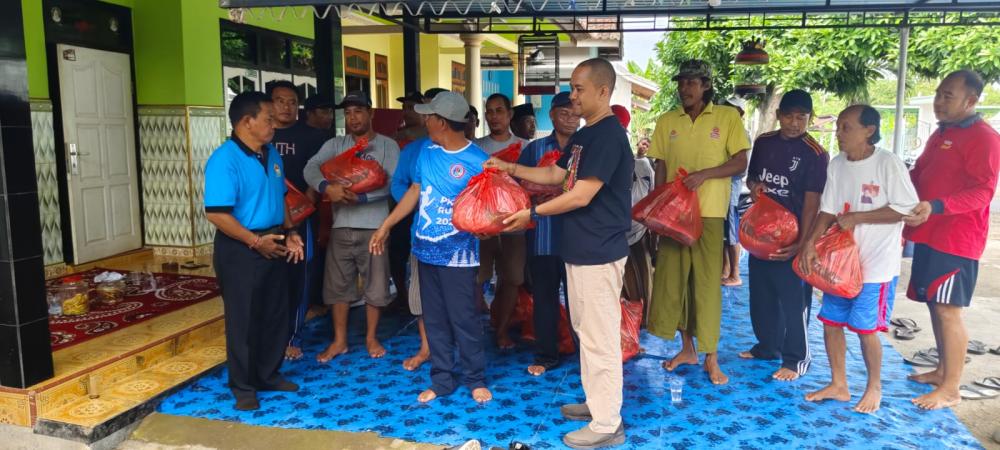
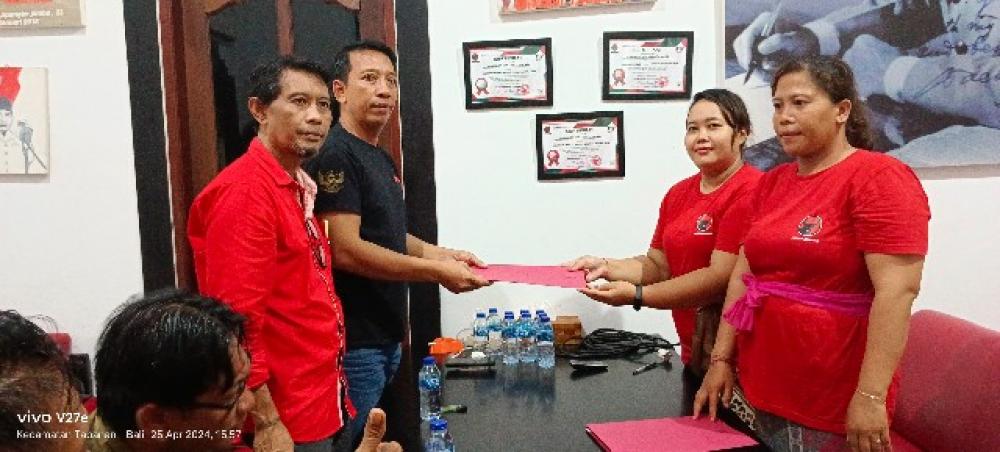


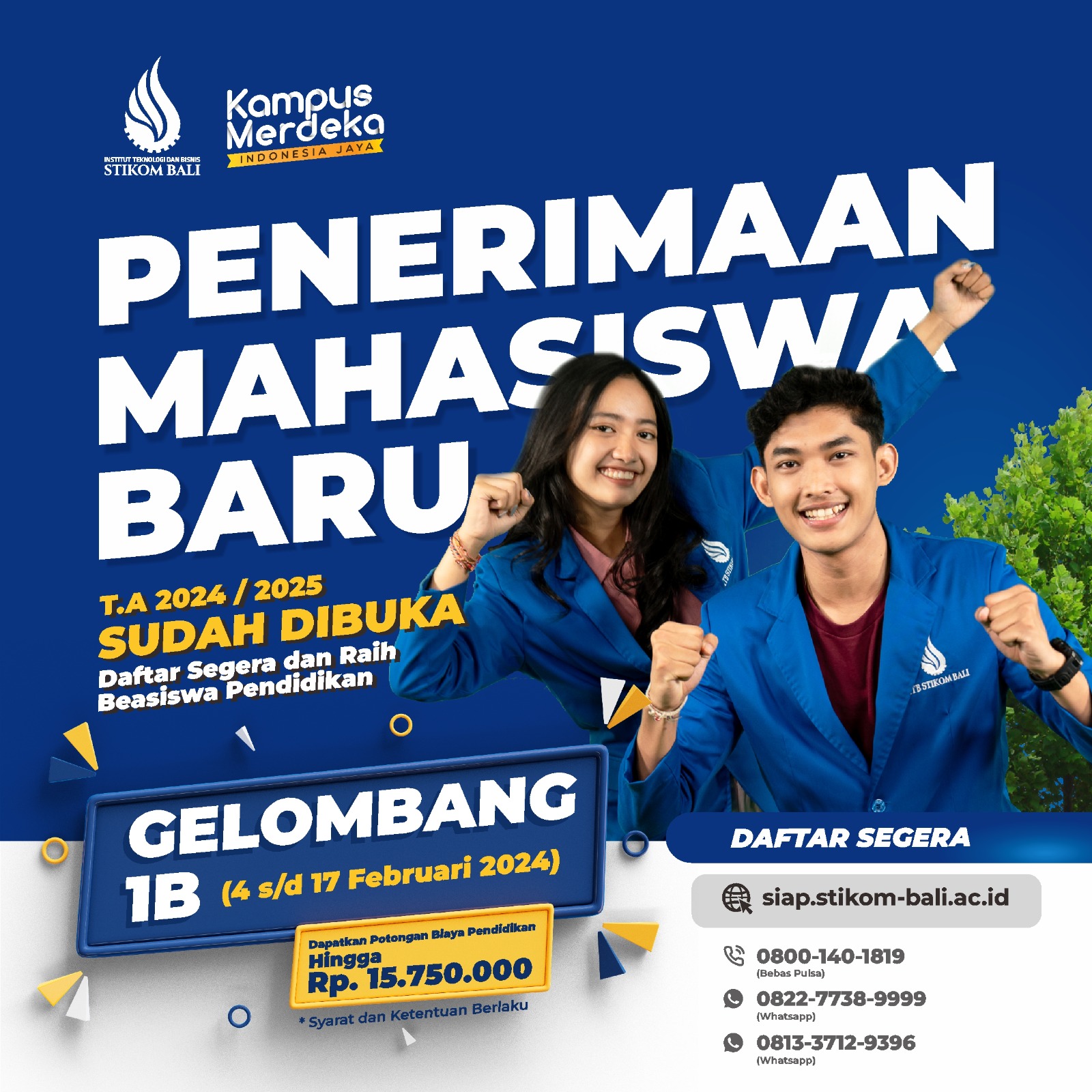

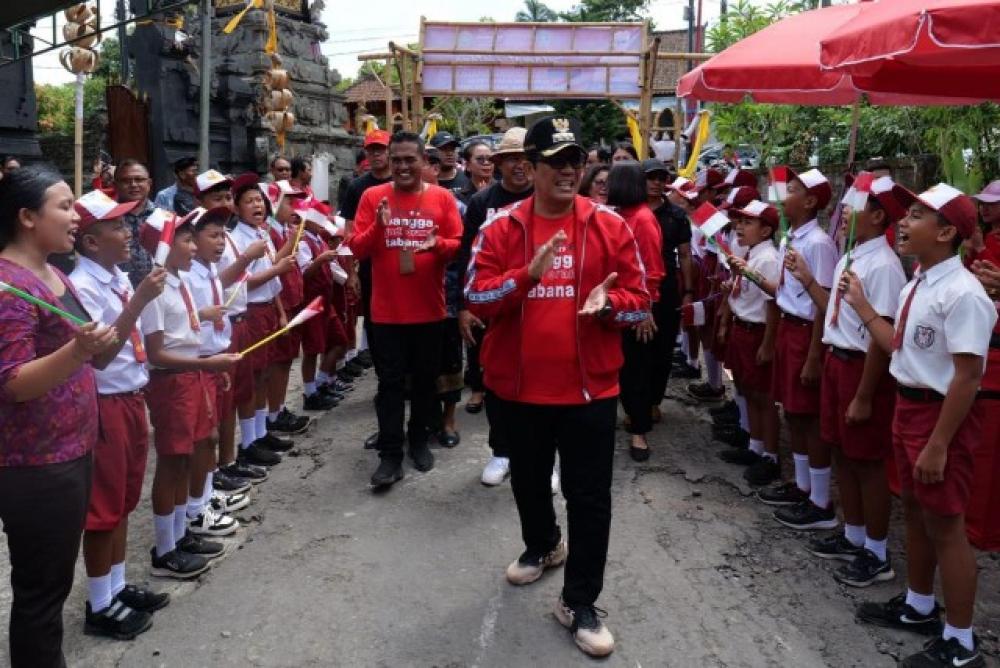
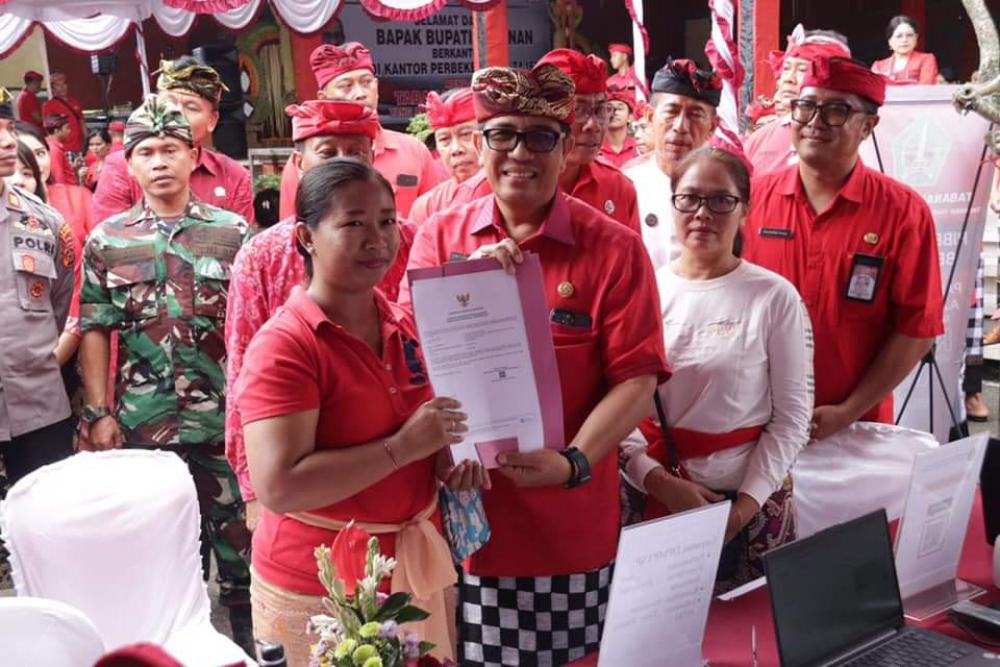
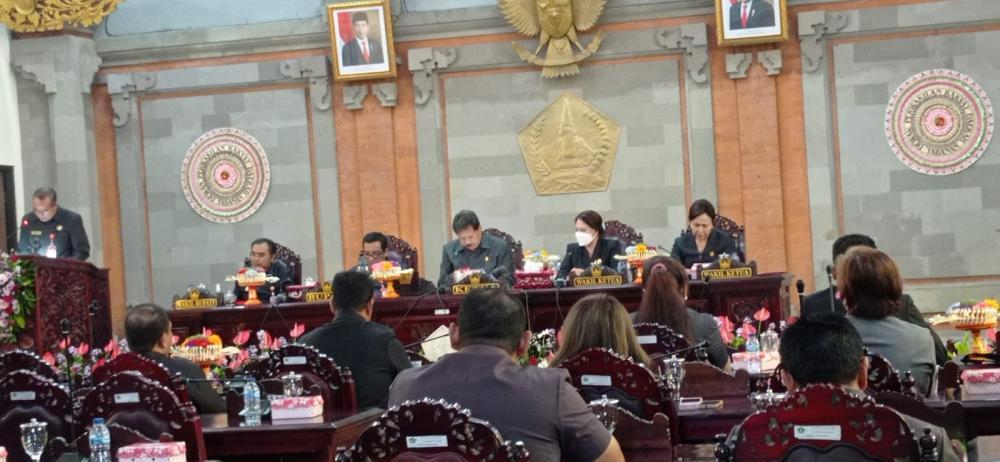
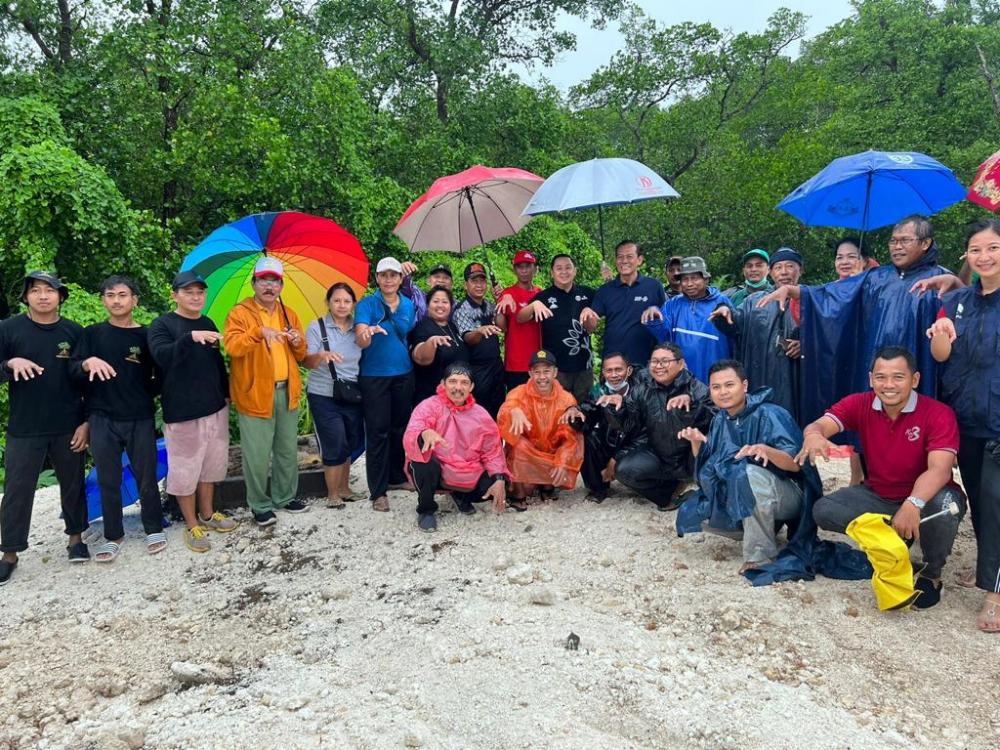
Komentar